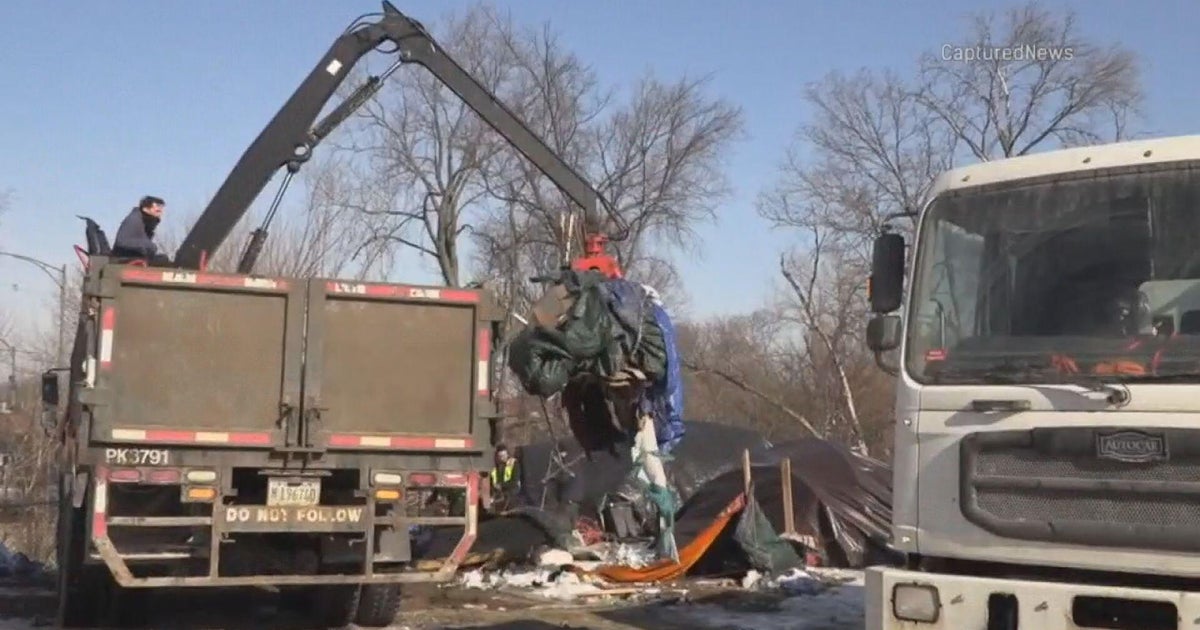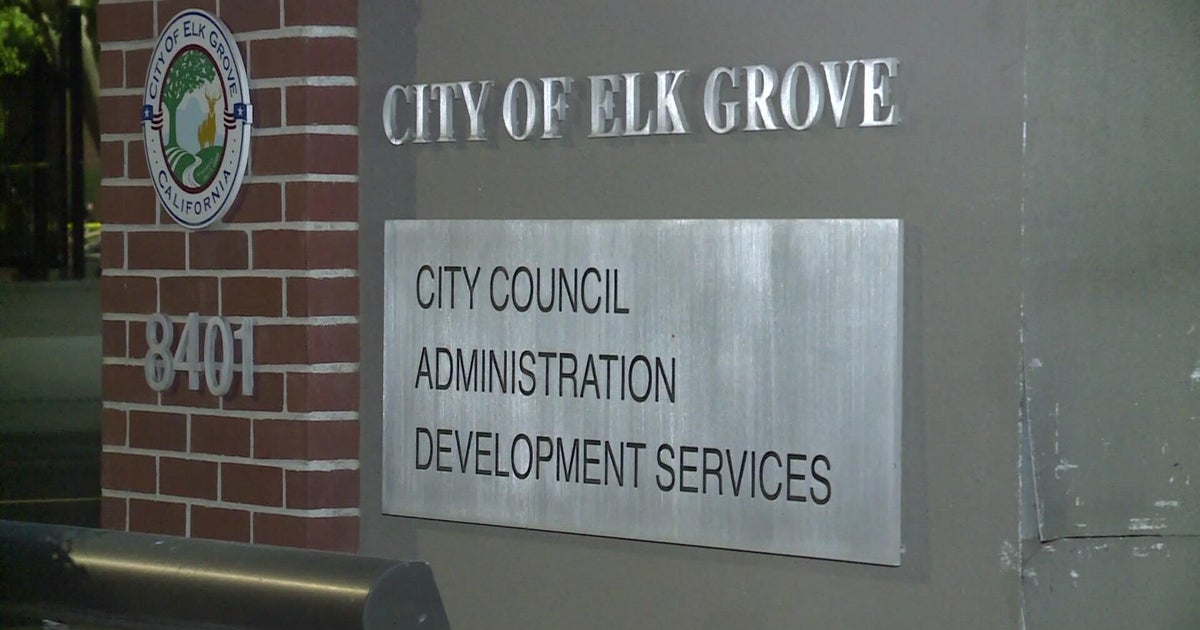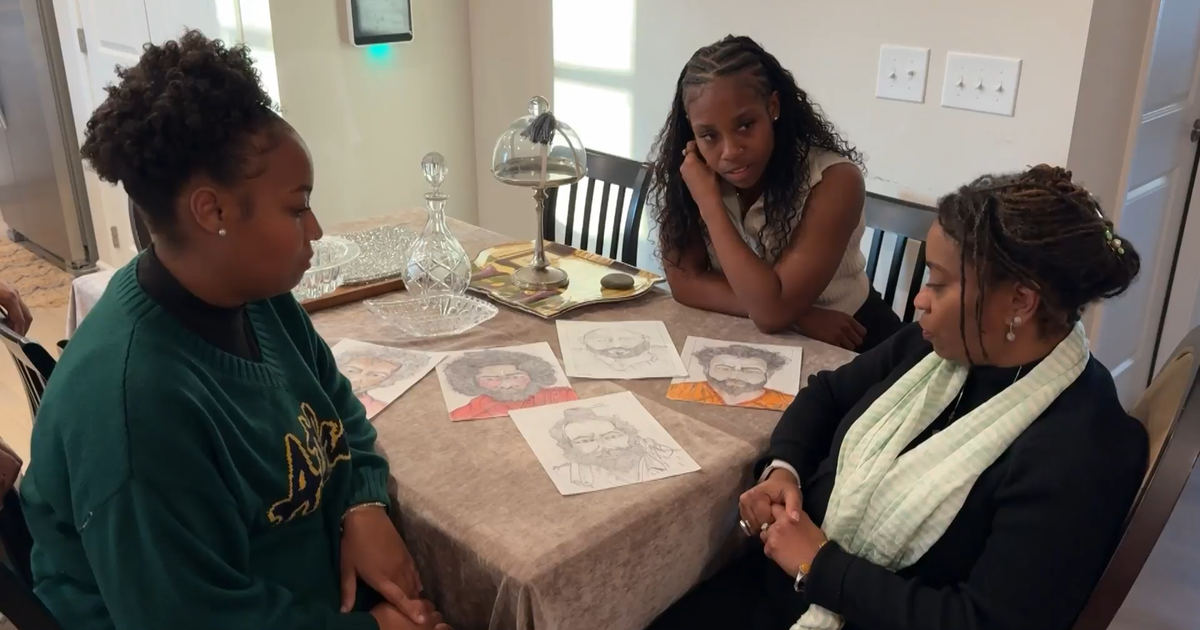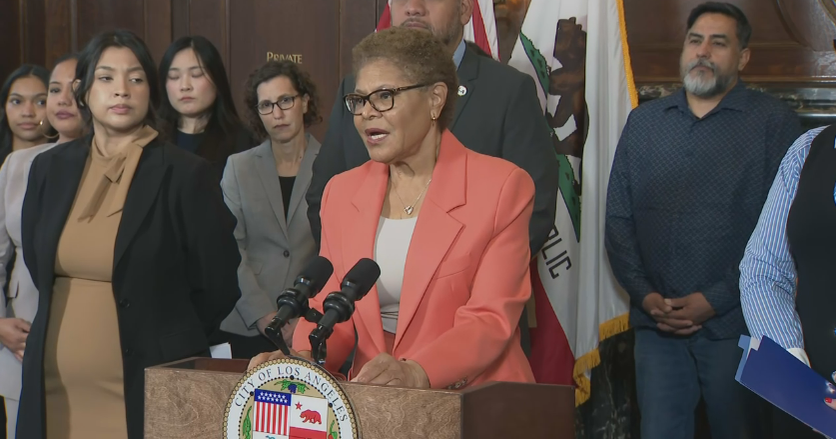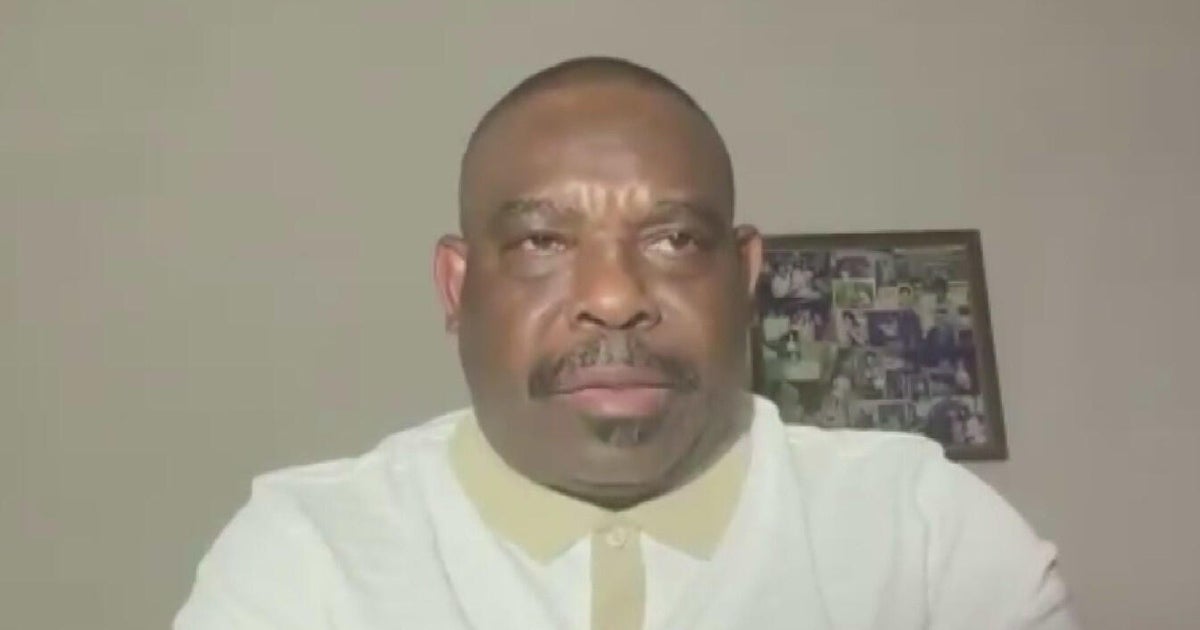HUD VASH program's mission to combat veteran homelessness in South Florida
MIAMI - Last year, the Miami Veterans Affairs helped over 600 veterans through the HUD-Veterans Affairs Supportive Housing program.
Throughout the year, they conduct community outreach to find homeless veterans in South Florida to begin the healing process through their healthcare homeless programs.
"People that signed to protect the country," said Sharon Mortimer, a social worker for the Miami Veterans Affairs.
"The government agreed to take care of them."
A mission to combat veteran homelessness reaches South Florida's doorsteps.
"I left here with a laundry bag full of clothes and a bicycle and caught a bus," shared Karen Owens.
The U.S. Army veteran walked with CBS4's Joe Gorchow to show us the last home in Hollywood she stayed at before seeking help for addiction in 2009.
At that time, she was bouncing around from place to place with no home to call her own.
"I was tired," said Owens.
"This is the beginning of the transformation," Gorchow pointed out.
"This is it right here," Owens said.
Karen's caseworker at the VA on the road to healing, Mortimer.
"That's our job to make sure we are serving them to the best of our ability," added Mortimer. "It's not an easy task."
The Miami Veterans Affairs serves Miami-Dade, Broward, and Monroe counties.
Their Health Care for Homeless Program, providing various services, has helped 10,464 people since 2014.
As we leave Sharon's office to drive to meet another veteran, she explains the challenges many have to transition from the streets.
"Some get frustrated," Mortimer explained while driving to meet our first veteran of the afternoon.
"Some have very minimal coping skills. You have to be gentle with them. They'll walk out of the unit. They can't be bothered. It's too much."
"Out there in the streets, everybody, you know, it's a fight," said Chris Sinclair.
"Everybody is trying to rob you, period. Wait till you fall asleep. Rob you. It's really ugly."
Sinclair, 45, struggled to adjust to life outside the Marine Corps when he left in 1999.
"In the civilian world, everyone is out for themselves," explained Sinclair.
"For us, I'm a team dude. We share everything that we got. Marine corps was non-stop adrenaline every day, something crazy every day. All of that was just gone."
By the time he was 27, his darkest turn had come battling cancer.
"Then I started on drugs," said Sinclair as he stared into the distance.
Addiction followed, and so did a life living on the streets in South Florida. Chris is not alone.
Sharon says once a homeless vet is identified, they are immediately enrolled in the VA and placed into the shelter.
She aims to put them into the housing through the HUD Vash program within two months, which offers financial rental assistance and much more, from mental health services to other support systems.
"The key is to be supportive, consistent, and available to them," mentioned Mortimer.
Support transformed Karen's life.
Gorchow played tug and war with her prideful pup Riley in the backyard of her Hollywood home of the last nine years. During that time, Karen opens up about her painful past.
"My parents died within six weeks of each other in 1992," said Owens. "And that created the drama in my life."
At 33, she lost her world and everything in it, including family photos.
"It started the restlessness of not knowing what to do or where to go," said Owens.
Through the program, Karen put the pieces together, with fate delivering an important part back, a photo of mom given to her a few years ago by a family friend.
"Did it help you reconnect with your mom," asked Gorchow.
"It did," said Karen. "It did. When people see that, they're like, damn, you look just like her."
"What was she like," Gorchow responded.
"She was a firecracker," exclaimed Owens. "My dad was the calm and the storm. She was the Hurricane."
"If it weren't for the people in the VA with the resources, I probably wouldn't be here in this position," said Owens.
Chris found the light when his now-wife became pregnant with his oldest daughter in 2009.
"It was G-D," said Sinclair. "The spirit inside me. This ain't right. No way in hell I will let these girls, let my daughter, be exposed to any of this stuff."
He says his grandad, a former Naval officer, encouraged him each step. Now, family and G-D guide Chris in living a life of servitude and gratitude, sharing a verse of one of his daily prayers.
"This is the day the Lord has made. I will rejoice and be glad in it."
"You sound as passionate as ever about this mission," Gorchow said to Mortimer on their drive in Hollywood.
"When I get a new veteran, that's my goal," said Mortimer. My goal is to have them end up like Chris and Karen."
